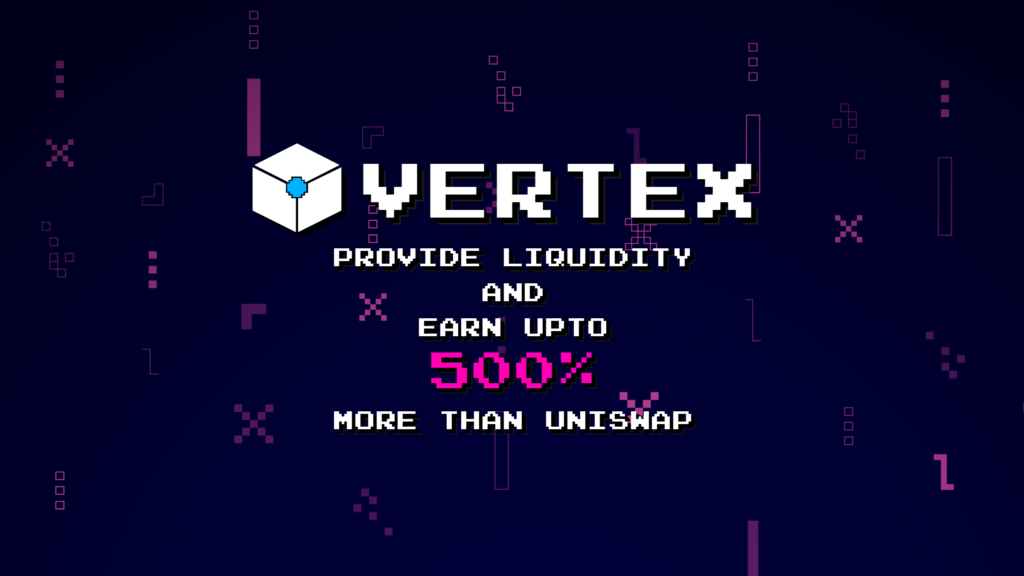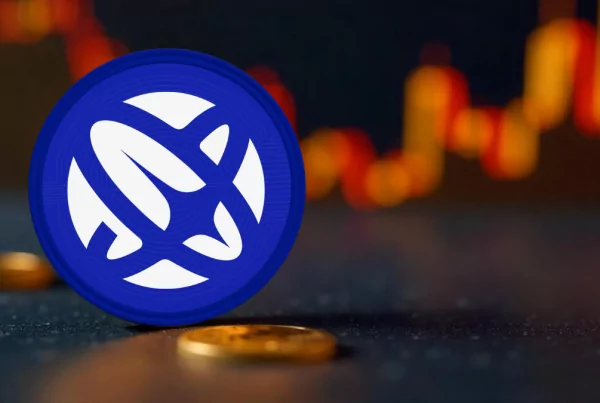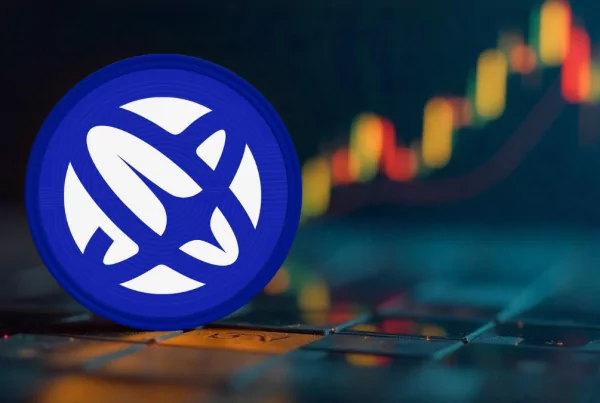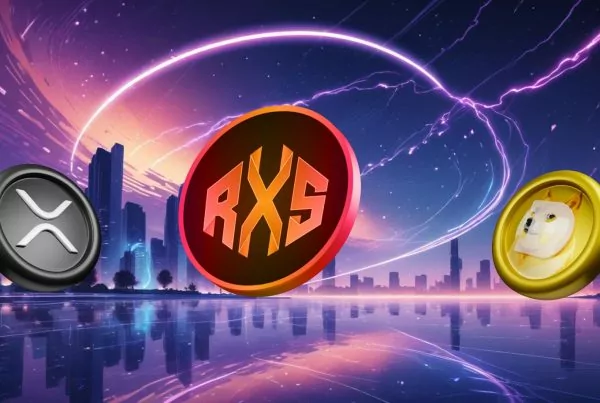
The market for decentralized finance (DeFi) exploded in 2020 as the total value locked in protocols exceeds $11 billion.
A large part of it was played by the novel concept of automated market makers and Uniswap was, and still is, at the forefront. As with everything new, however, there are issues to be considered.
The Problems with Automated Market Makers
The overall concept behind an automated market maker is undoubtedly an exciting and promising one. Of course, it does come with its insufficiencies, especially in the representations that are currently existing on the markets today.
The biggest challenge is undoubtedly the price slippage after each trade that’s oftentimes captured by arbitrage traders as a convenient profit-making opportunity.
Now, it goes without saying that the most prominent supporters of decentralized exchanges and AMMs are the liquidity providers (LPs). They are the ones who put the initial deposits as liquidity and, as such, traders can enjoy a smooth trading experience and better prices. However, LPs are also the ones who bear the risks of impermanent loss (IL).
Arbitrage traders, on the other hand, make profits on the aforementioned opportunities without having to put an initial investment. They can also leverage flash loans to increase their profitability. With this in mind, Vertex DEX takes a swing at the above IL issues by providing more incentives for LPs.
Vertex DEX and its Proposition
Vertex is a decentralized exchange (DEX) that aims at creating a more advanced version of an automated market maker where LPs receive a better profit.
Compared to what LPs earn on Uniswap, Vertex provides a profit increase of up to 500%. This profit is otherwise received by arbitrage traders who earn it without contributing to the platform in any way. The exchange also claims to provide the best prices to traders by aggregating the liquidity from all other decentralized exchanges. Additionally, in order to reduce transaction fees, the platform will launch over Binance Smart Chain. In addition, it also has a deflationary token (which gets burned on every transaction) to further incentivize LPs.
In addition, Vertex imposes no hidden protocol charges and all of the trading fees go to the liquidity providers.
The presale will start on 23rd Oct. The listing price will be 40% higher than the its presale price.



